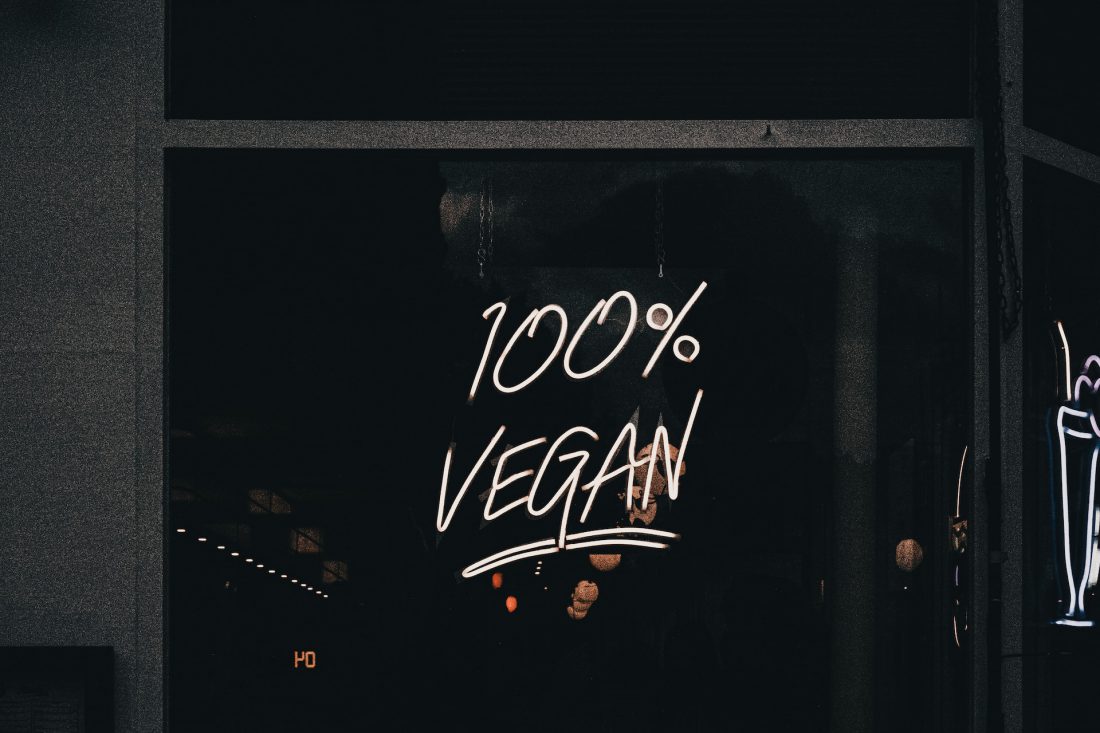The results are in, and it looks like Gen Zs might be the catalyst to a meat-free, plant-based future.
A whopping 87% of Gen Zs say they could be convinced to switch to meat-free protein alternatives. But there’s a plot twist: Gen Zs actually think being vegan is cringey af.
In fact, they’re not alone.
According to a study by the World Resources Institute, a third of all consumers – regardless of their generation – say they’re ‘repulsed’ by the word ‘vegan’.

But why?
A reluctance to join a group that’s demeaned and disliked (if not hated) by many in the meat eating community is the most convincing theory. After all, vegaphobia is real. According to one recent study, vegans are actually regarded more negatively than atheists, immigrants, homosexuals and asexuals.
They’ve also been found to be subject to similar discrimination as other minorities and vulnerable to hate crimes. In the UK alone there’s been a staggering rise in hate crimes against vegans, from just nine in 2015 to 55 in 2020.
No wonder Gen Zs are avoiding labels.
And it shows in how many Gen Zs today identify as vegan, with our Gen Z Wellbeing Check report finding just 2% of Gen Zs in Australia are vegan.
Naming matters
While the stigma is pretty bleak, there are ways vegan food businesses can better market their products to Gen Zs.
New behavioural research by consumer insights platform Veylinx suggests adjusting naming conventions of meat-free protein substitutes might do the trick.
The comprehensive study that measured demand for seven proteins (meat, plant-based with meatlike properties, conventional plant-based, cultivated meat/fish, mycoprotein, microalgae, and insect) across seven different formats (burgers, lasagna, bacon, nuggets, jerky, filet mignon, and sushi) found Gen Zs are 16% more likely to be interested in a hot dog marketed as ‘meatless’ instead of ‘vegan’.
In fact, ‘veggie’, ‘plant-based’ and ‘animal-free’ all generated more interest than products labelled as ‘vegan’.
Now that’s food for thought.






